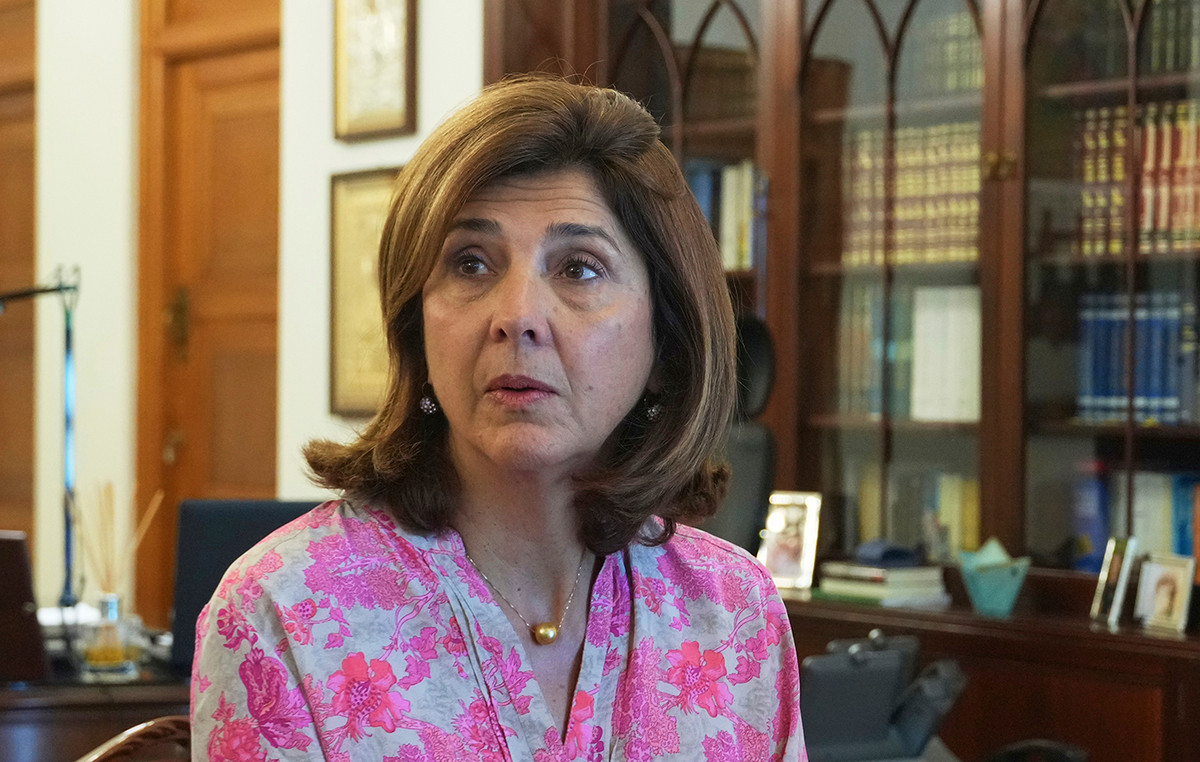The United Nations Children’s Fund (Unicef) said this Thursday (13) that less developed countries rejected more than 100 million doses of vaccines against Covid-19 in December 2021 alone. This situation exposes the difficulty of global vaccination.
The main reason for discards by underdeveloped countries was the proximity of the expiration date of immunizers. The vaccines would be distributed by Covax, the vaccine consortium led by the World Health Organization (WHO) that aims to guarantee the delivery of doses to the most needy populations.
Another problem is the lack of proper refrigerators. Even the nations most in need of vaccines often fail to store them properly in time to use them. Part of the doses rejected at the end of last year were from AstraZeneca, donated by the European Union with a validity of less than ten weeks after arrival in the country of destination.
The information came from a UNICEF representative at a session of the European Parliament. Refusing doses shows how difficult it is to vaccinate the world’s population widely, even as Covax has increased delivery to 1 billion doses in 150 countries.
Because of the lack of structure, more than 30 developing countries used less than half of the doses they received. Nigeria, Africa’s most populous country, was one of them. At the end of December, the local government destroyed more than 1 million expired doses of vaccines against Covid-19. At the time, the Nigerian health minister declared that he would no longer accept shipments of immunizers with a short shelf life.
According to WHO data, the governments of developed nations have already managed to immunize an average of 67% of their populations, while in less developed nations, only 8% have received the first dose.
Reference: CNN Brasil
I’m James Harper, a highly experienced and accomplished news writer for World Stock Market. I have been writing in the Politics section of the website for over five years, providing readers with up-to-date and insightful information about current events in politics. My work is widely read and respected by many industry professionals as well as laymen.







